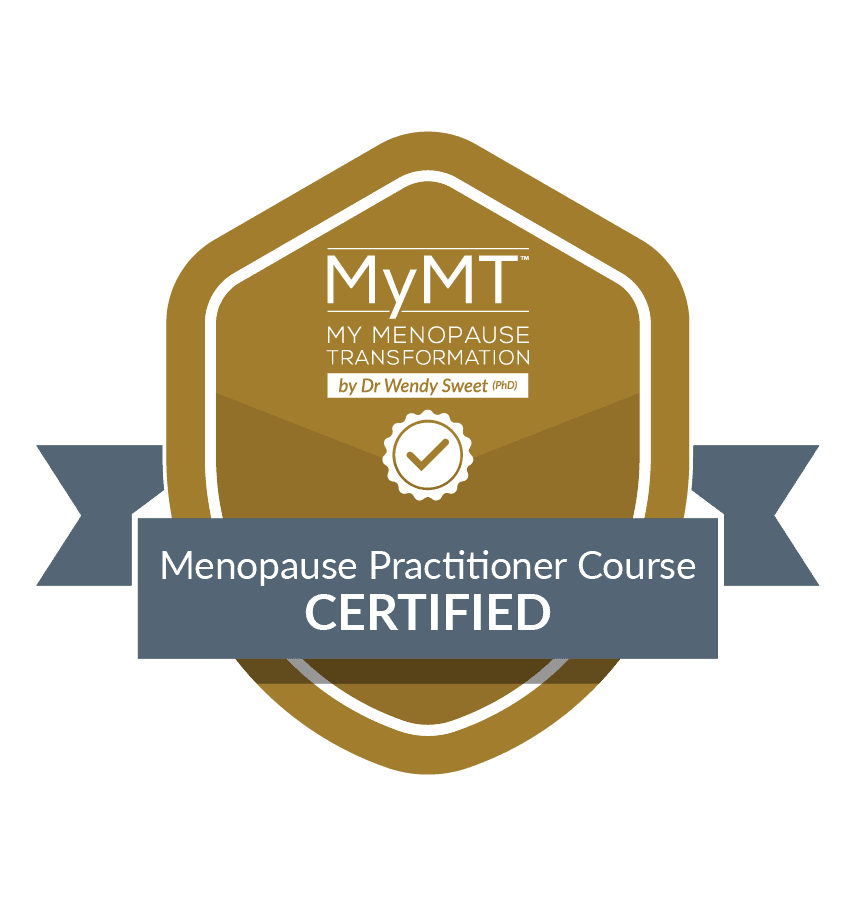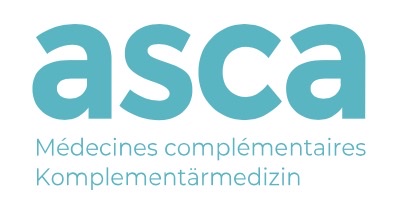Nutrition for Healthy & Happy Living
WITH BARBARA






Book an appointment online - OneDoc
Nutrition is the foundation of good health and well-being.
By making informed food choices and adopting healthy eating habits, we can enjoy a better quality of life and reduce the risk of various health problems or even cure them. Nutrition impacts not only physical health but also mental and emotional wellbeing.
This is why nutrition is so important!
- Food is the body’s fuel. It provides the energy needed for daily activities, cellular function, and metabolic processes.
- A balanced diet provides adequate amounts of carbohydrates, proteins, fats, vitamins, minerals, and water is essential for sustaining energy levels and supporting overall health and well-being.
- A well-balanced diet supports a robust immune system helping the body fight off infections, diseases, and illnesses
Several vitamins and minerals play key roles in supporting immune function. These include vitamin C, vitamin D, vitamin E, vitamin A, zinc, selenium, and iron. Consuming a varied diet that includes fruits, vegetables, whole grains, lean proteins, and nuts and seeds can help ensure adequate intake of these micronutrients.
- Nutrition plays a critical role in weight management. Consuming a balanced diet with appropriate portions helps prevent both obesity and undernutrition, reducing the risk of associated health problems like diabetes, heart disease, and metabolic disorders.
- Maintaining a healthy weight is essential for optimising physical, mental, and emotional well-being, as well as reducing the risk of chronic diseases and promoting longevity.
- Nutrition plays a crucial role in mental health and well-being. The brain requires a constant supply of nutrients to function properly. Nutrients such as omega-3 fatty acids, B vitamins, vitamins C and E, zinc, magnesium, and antioxidants are essential for maintaining brain health, cognitive function, and neurotransmitter synthesis.
- Deficiencies in certain vitamins and minerals have been linked to mental health disorders such as depression and anxiety.. For example, low levels of vitamin D have been associated with an increased risk of depression, while deficiencies in B vitamins, particularly folate and vitamin B12, have been linked to cognitive decline and mood disorders.
- Nutrition plays a significant role in the prevention and management of chronic diseases and in reducing inflammation.
By incorporating these dietary strategies into your lifestyle, you can help reduce chronic inflammation and lower the risk of developing associated diseases, leading to better long-term health and well-being.a diet rich in fruits, vegetables, whole grains, lean and plant-based proteins nuts, seeds, and healthy fats (such as olive oil) can help lower the risk. This type of diet, often referred to as the Mediterranean diet, has been shown to reduce the risk of heart disease and improve heart health.
- Nutrition plays a crucial role in athletic performance. Athletes and active individuals require adequate nutrition to fuel their workouts, support muscle recovery, and optimize performance. Proper hydration and nutrient intake can make a significant difference in athletic achievements.
- Individualized Nutrition Plans: Athletes have different nutrition needs based on factors such as their sport, training intensity, body composition, and goals. Working with a nutritionist can help athletes develop personalised nutrition plans to optimise performance and support overall health.
- Proper nutrition is essential for maintaining vitality and preventing age-related decline. A well balanced diet with low glycemic index carbs, lean proteins and plenty of seasonal fruits and vegetables provides helps slow down the aging process and reduces the risk of age-related diseases.
- In addition to nutrition, other lifestyle factors such as regular physical activity, stress management, adequate sleep, and avoiding smoking and excessive alcohol consumption also play a crucial role in promoting healthy aging. By adopting a balanced approach to nutrition and lifestyle habits, you can support your body’s natural aging process and enjoy a higher quality of life as you grow older.
- Nutrition plays a significant role in influencing our happiness level. A well-nourished brain is better equipped to regulate mood, emotions, and cognitive function, which can contribute to overall happiness.
- A diet high in processed foods, refined sugars, and unhealthy fats can promote inflammation, while an anti-inflammatory diet rich in fruits, vegetables, whole grains, and omega-3 fatty acids may help reduce inflammation and support mental well-being.

NUTRITION has always been a very important aspect in my life. First of all, I was born in Italy, a country with a rich food culture, where simple and healthy ingredients are the heart of our cuisine. Fond memories of cooking with my grandmothers and sharing laughter-filled family meals are deeply ingrained in me. The joy of culinary experimentation alongside my father further fueled my passion for food.
Becoming a mother amplified the significance of nutrition, particularly as my daughter faced numerous food intolerances. This prompted me to delve into extensive research on nutrition, focusing on gut health and the pivotal role of the microbiome. Through this journey, I uncovered that my own persistent low iron levels stemmed from gluten intolerance hindering its absorption. Adapting our family’s diet to accommodate these intolerances, I learned to eliminate both lactose and gluten from our diet whilst still preparing tasty, balanced, and healthy meals and snacks.
This transformative experience led me to pursue a career as a nutritionist, blending Western scientific knowledge with the holistic principles of Yogic, Ayurvedic, and Mediterranean nutritional practices.
My approach to nutrition
There are so many different approaches to nutrition, that can often leave one feeling totally overwhelmed and lost with all what we read about trendy diets, fasting trends and personal anecdotes.
My approach to nutrition integrates the latest scientific research on healthy eating with the wisdom of Mediterranean, Yogic and Ayurvedic traditions.
I don’t believe in short-term dietary changes for weight loss or symptom management, but I promote a sustainable lifestyle habits that support long-term health and vitality.
I view nutrition holistically, as an integral component of one’s lifestyle. I also look at important factors beyond food that influence nutrition and the overall health, such as restoring your circadian rhythm, stress management, physical activity, social connections, and environmental exposures. By addressing these multifaceted aspects of nutrition within a holistic framework, I help you to optimise your overall health and well-being, and foster a sense of balance, vitality, and harmony within yourself and your environment.
My approach to nutrition is underpinned by a spirit of love: Love for ourselves for those we nourish through cooking, Love for the Earth and the food that it offers us.
My simple tips to navigate nutrition
A fit for all diet does not exist
- We are all different and each person has unique nutritional needs, preferences and goals
- What is good food for a person could be bad for someone else.
- The diet needs to be personalised
Quick & Drastic Diets do not work
- You might quickly achieve your ideal weight, however it is not sustainable, nor healthy.
- Incorporate small changes into your daily lifestyle that will have a significant and lasting effect over time.
Understand how your body functions and listen to your body
- Understanding how your the body functions, the importance of re-establishing your own-body circadian rhythm and how the metabolism evolves overtime, helps to develop a correct diet.
- Listen to your body’s reaction to what you eat and drink: how you feel overall, your gut, your energy and mood. Journaling can be a very helpful tool for tracking.
Don’t Skip Meals
- Skipping meals can disrupt your body’s natural rhythms and negatively impact your energy levels, metabolism, and overall health.
- It’s essential to prioritize regular, balanced meals and snacks that provide the nutrients your body needs to function optimally and sustain energy throughout the day.
Come back to simple & natural food
- Choose whole foods that are found naturally. Fruits, veggies, whole grains. Reduce as much as possible processed food.
- Consider the environmental impact of food choices and advocate for sustainable farming practices, ethical food production, and minimise food waste.
Cooking can be fun and healthy food can be tasty
- Cooking can be a fun activity to do with family and friends and then share a nice meal together
- Healthy food can be super tasty. Learn to use fresh herbs, spices, seeds and nuts to give a peps to your food
Eat Mindfully
- Practice mindfulness and being present while eating
- Only eat when you are hungry and focus on the sensory experience of food (taste, texture, aroma).
- Encourage a positive relationship with food and fostering self-compassion, self-awareness, and body acceptance.
Know What You Eat
- Learn to read labels before you buy a product. Be cautious of foods with a long list of ingredients, especially if there are many artificial additives, preservatives or unfamiliar chemicals.
- Learn to replace some unhealthy ingredients or not good for you with some others and still prepare a delicious dish.
Don’t forget to please yourself once in a while
- Treat yourself once in a while with something that you really like even if you know that it is not good for your body.
- Don’t blame yourself about it. Enjoy it and keep it for special occasions.
Healthy eating is not more expensive
- Adding more un-processed plant base proteins, like beans and legumes is very affordable and healthy.
- Planning meals ahead of time and creating a grocery list can help to stick to your budget while making healthier choices.
- Cooking meals at home is generally more cost-effective than dining out or buying pre-packaged convenience foods.
My Nutrition Coaching
Do you want to:
- Regain your ideal weight?
- Improve your sleep and get your energy back?
- Strengthen your muscles and bones?
- Improve your gut and liver health?
- Get rid off aches and pains with an anti-inflammatory diet?
- Create tasty menus, respecting your food allergies and intolerances?
- Strengthen your heart and blood vessels?
- Reinforce your general health and wellbeing?

Join my personal nutrition coaching. I can accompany you through your nutrition journey from:
- Education: Understand how your body functions and your personal needs
- Planning: Develop a personalised action plan to achieve your goals
- Shopping: Choose the right ingredients
- Cooking: Learn to cook simple, tasty and healthy recipes
- Observation: Observe how your body reacts and we adapt the plan for further improvement
- Price: 120 chf/60min
✦ Testimonials ✦









